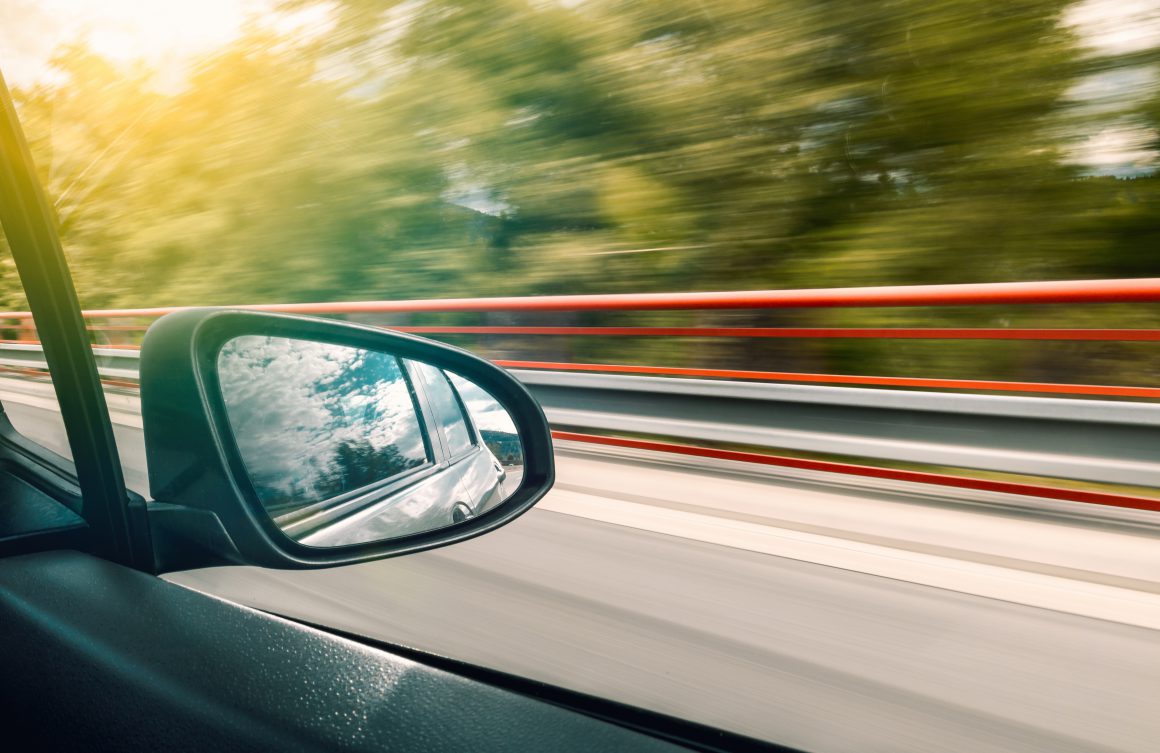Guest post by Jane Garbutt.
Summer is a surprisingly dangerous season for driving. In fact, August 2nd is the deadliest day of the year for car crashes, Bloomberg reports. It turns out sunny skies and an influx of vacationers on the road increases the risk of car accidents. The nice weather causes drivers to let their guard down and drive a little more recklessly than usual. It’s important, however, to prioritize safety and look after your car in order to stay safe on the road this summer.
Look after your engine
Your car engine can quickly become stressed under the hot summer heat. Regularly flushing your cooling system can prevent your car from overheating, ChicMoto advises. Over time, rust and dirt build up in the coolant, which clogs your radiator and heater core. As a result, you may need to replace the heater core, which can cost up to $600-$900. But, getting rid of the old coolant and flushing the engine with water before refilling it with fresh coolant will help your vehicle survive summer. Get it flushed as often as your manufacturer advises and always use manufacturer-recommended coolant.
Tires and battery
Dead batteries and flat tires are the two main reasons for breakdowns. Batteries only last around three to five years, which is why battery-related problems are so common in older cars. Batteries should be tested once they’re at least three years old and then annually from then on. It’s also important to check your tires. Cracks, bulges, or breaks can cause blowouts when driving fast over hot roads. Tires should be inflated to manufacturer specifications and treads should be at least 4/32-inch deep. To check the tire tread, simply insert a quarter coin into the tire grooves with Washington’s head facing down. If you can see his head, you need new tires.
Be prepared
No matter how long or short your journey is, it’s important you travel with an emergency kit. This should include, a first aid kit, water, snacks, toolkit, booster cables, emergency flares, flashlight and spare batteries, and a mobile phone charger. Also, bring sunglasses to keep the sun out of your eyes while driving — polarized lenses reduce glare. Your shoes should be suitable for driving — flip flops are too flimsy and can easily get caught under the pedals. ePACT can also help you in case of an emergency. It can store your family’s emergency and health information electronically all in one place. If you were to get into an accident, having a single emergency record that securely stores your contact information, insurance information, and current and past health issues will give you peace of mind.
It’s also important to know your route even if you’re relying on a GPS device to show you the way to your destination. Technology can malfunction, and you don’t want to be caught off guard. So, research your route beforehand and take a map with you to avoid getting lost. Following these tips will keep you safe on the roads this summer.
Feature image photo by rawpixel.com from Pexels.
Terms and Conditions
All content provided on this blog is for informational purposes only. The owner of this blog makes no representations as to the accuracy or completeness of any information on this site or found by following any link on this site. The owner will not be liable for any errors or omissions in this information nor for the availability of this information. The owner will not be liable for any losses, injuries, or damages from the display or use of this information. This policy is subject to change at any time.

